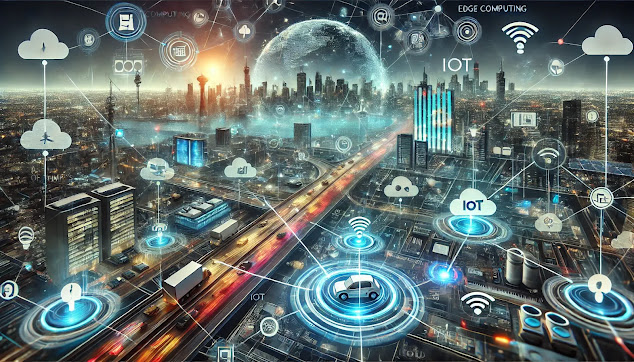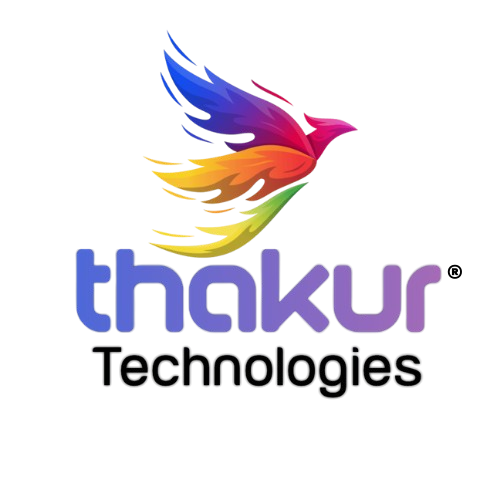Edge Computing Bridging the Gap Between Cloud and IoT
.%20The%20image%20features%20a%20network%20of%20interconnect.webp)
Edge computing is a decentralized computing model that processes data closer to the source where it is generated (the "edge" of the network), rather than sending it to centralized data centers or cloud servers. This model is particularly beneficial in scenarios involving the Internet of Things (IoT) , where real-time processing, low latency, and bandwidth efficiency are critical. Key Features of Edge Computing Proximity to Data Source : Edge devices, such as IoT sensors or gateways, process and analyze data locally rather than sending it to the cloud. Reduced Latency : By processing data near its source, edge computing minimizes delays, which is essential for time-sensitive applications like autonomous vehicles or industrial automation. Bandwidth Optimization : Only critical data is sent to the cloud for further analysis or storage, reducing the load on networks. Enhanced Security and Privacy : Since data is processed locally, it reduces the risk of interception during tra...


